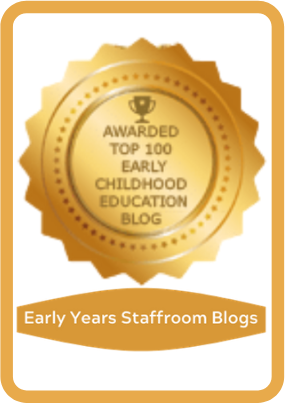Early Years – Back to Basics – Creative Ways to Improve your Early Years and Year 1 Teaching & Planning
Early years teaching requires creative ‘on the fly’ thinking and planning. It’s important to dedicate time to observe and build relationships with each child while keeping them all engaged and interested in their own objectives. Balancing all of these things is never easy, and that’s why we’ve put together some tips and ideas to make planning easier for you as an educator.
Retell a Familiar Story
There is nothing more engaging than a story being told with passion. Stories are often underused in early years teaching. Time should be dedicated to storytelling each day and the children encouraged to show that they understand the story, you could ask them to retell it in their own way using a stage. Not only does this develop their comprehension skills, but it also gets them thinking creatively about stories and narratives. It’s a great plan for the class to do, and it can be a lot of fun as well.
Continue the learning through play
Linking the learning your class does with the play they participate in is ideal in Early Years. Play is a big part of the learning experience in early years classes and even KS1. Early years games come in many varieties. It’s simple to link these two things together in a coherent way and will accelerate learning and build on the characteristics of effective learning. For example, you can set up challenges for the children to continue learning during continuous provision. We have a great editable daily planning sheet which helps Teaching Assistants support specific challenges.
Consider Anticipated Learning Outcomes
To ensure your early years planning ideas are not in vain, you should first consider anticipated learning outcomes. These come before you plan and they come from your observations. These will dictate the direction of adult-led activities because you need to have some specific outcomes from development matters that you are working towards. It’s not about pushing children too far and expecting too much of them. That kind of approach is never suitable in early years learning. It’s more about providing structure and scaffolding your teaching.
Listen to Your Team
Educating in early years has to be a team effort. Teamwork makes the dream work. So, be sure to get feedback and ideas from those around you. This is often the best way to ensure you come up with fresh, new ideas all the time. You don’t want to get stuck in old habits that are no longer producing results. By listening to everyone and giving them a say and using their ideas, your job will be easier and the outcomes for the children will be far more positive.
Don’t forget, with membership to our site you have access to a fantastic range or early learning resources found here.










